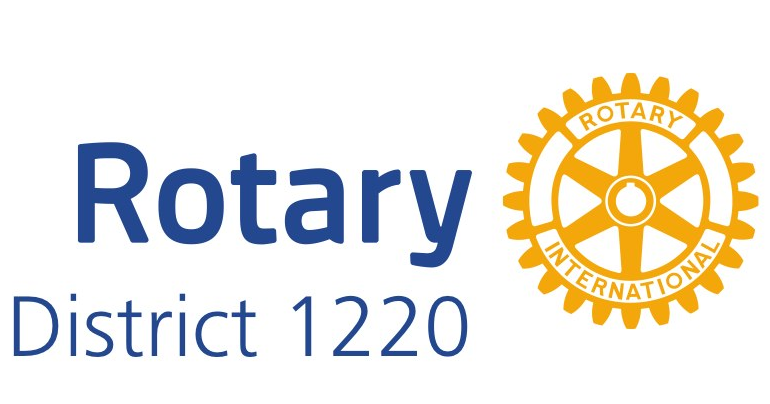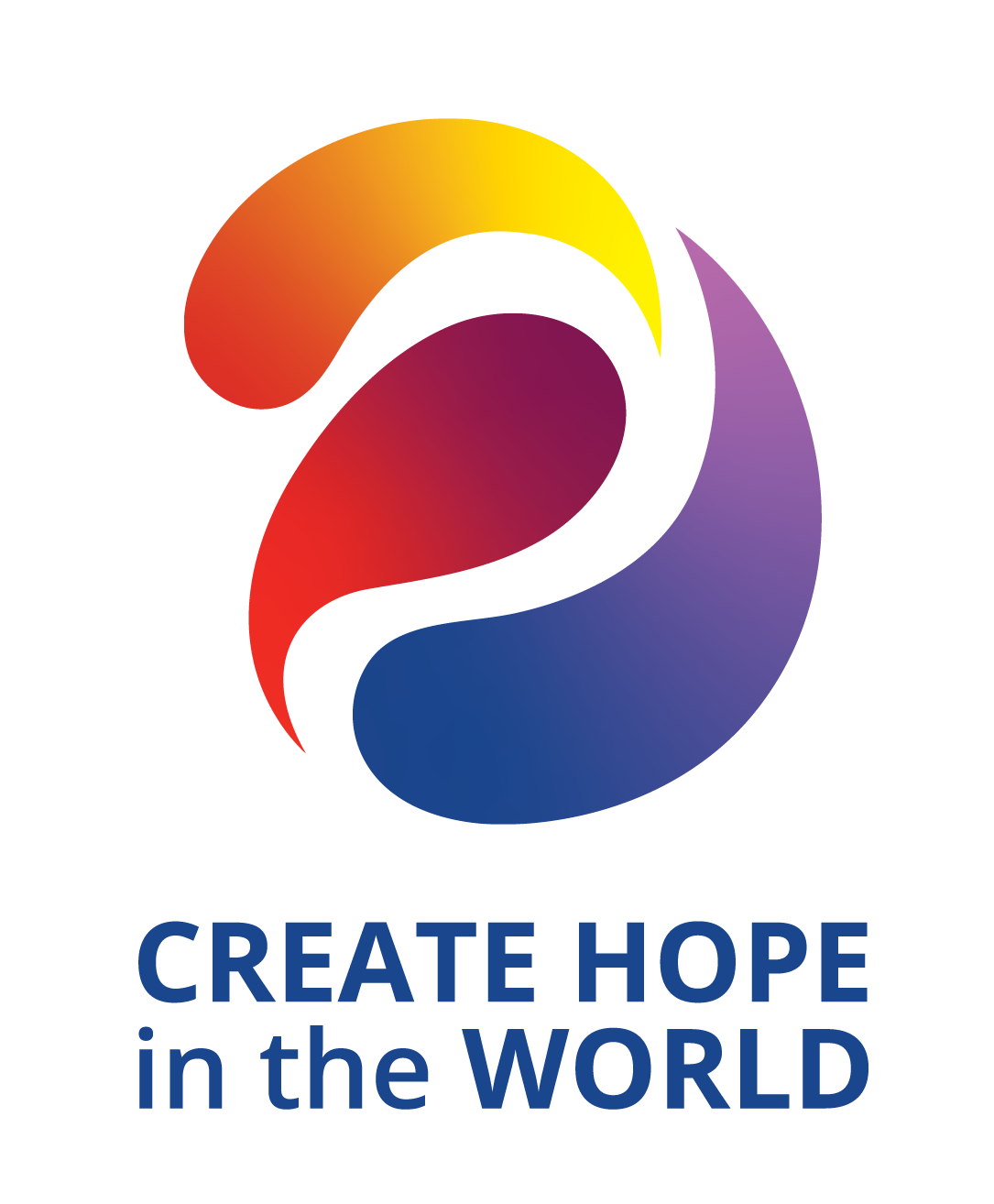A process to assist in identifying community needs and projects
All of the communities served by our Clubs vary in the problems they face and the resources they can bring to bear upon them. The role of Vocational Service in the Club is to stimulate projects that are most needed and can be successfully tackled given the skills and capacity of the members.
Outlined below is a process you may wish to consider in selecting projects of most value to your community.
- Gathering information about needs in your community.
This could include:-
Talking to your local Social Services Department about greatest issues you may impact.
Discussion with any local Action Centres, Churches, Community and Voluntary services, Rural Community Action and other local voluntary organisations.
Undertaking an internet search for Joint Strategic Needs Assessments for health priorities.
Consider inviting local charities to “bid” for your support, by submitting brief descriptions of their work and funding. Support could take the form of time, advice or money.
Having an open discussion with club members to harness their knowledge and ideas.
Contacting neighbouring clubs to share their experience and history of projects.
At the beginning of the Rotary year, have a brainstorming session within committees to highlight areas where your inputs could make a significant difference.
- Some criteria to consider in selecting projects from inputs above:-
What projects could have the biggest impact on your community?
Are there areas that receive little help or funding from any source?
What is the practicality of your club involvement in terms of the skills and interests of members?
Is there likely to be a “Champion” for the project within the Club?
Is it possible to involve other parties or other clubs in the project? (e.g. Business in the Community)
What would be the level of commitment, cost and time needed?
Will the Project make a continuing demand on the Club that can be met over the long term?
- Short-listing and Commitment.
The criteria in 2 above can be used to filter the data gathered in 1 above. This analysis can be undertaken by a small team, but it is imperative that the whole Committee, or if appropriate the whole Club, debate the findings before selecting the projects for priority action. This is vital to secure the commitment that will be needed.
District Vocational Services Team 2014/15

